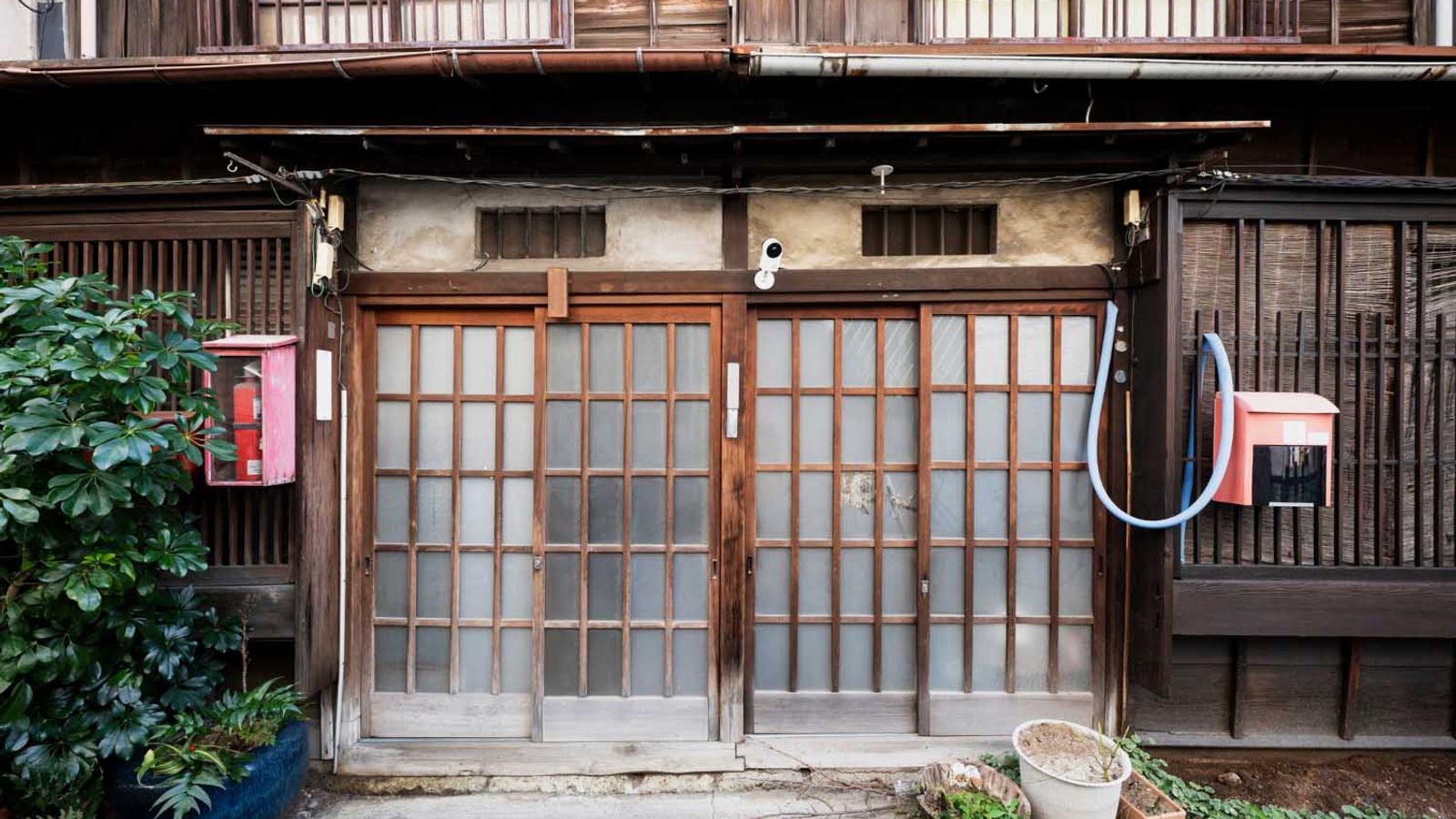

Table of contents:
You may have heard news of free homes in Japan, referring to Japanese akiya houses for free. In recent years, Japan has seen a surprising trend that puzzles both locals and potential foreign buyers moving to Japan looking to buy a house in Japan: the increasing number of akiya, or abandoned houses. With more than 8 million vacant homes dotted around the country, mostly due to an aging Japanese population, the phenomena of akiya homes not only highlights shifts in demographics and rural depopulation but also opens a unique window of opportunity for those seeking affordable Japanese housing.
This article delves into the reasons behind the surge in abandoned houses in Japan, shedding light on the socio-economic and cultural factors at play. It guides readers through the intricacies of buying an akiya, from navigating the akiya bank system to understanding the legal and bureaucratic hurdles.
1) What is an Akiya House?
The Japanese word 'akiya' (空き家 - akiya) means 'empty house'. It refers to a vacant property in Japan that has been abandoned by its owner. These akiya houses can range from traditional wooden homes to modern structures, but the majority of these abandoned homes are found in rural parts of Japan.
It should be noted that although akiya houses can represent an exciting opportunity for individuals to own a piece of Japanese culture and heritage at an affordable price, many akiya houses have often been left to rot (most Japanese homes are made of wood) and fall into disrepair. Akiya house are usually in need of renovation or restoration work.

2. Reasons for Abandoned Houses in Japan
Japan's increasing number of akiya houses for sale in Japan are driven by multiple factors categorized into cultural, demographic, and economic reasons.
2.1. Cultural Factors
In Japanese culture, there is a strong preference for new over old. Many Japanese home owners will knock down their house if it is over 20-30 years old and build a new house.
House renovations in Japan can sometimes be more costly, or roughly cost the same, than building a new house. This is partly because most houses have wooden structures, which deteriorate over time. Because of this, Japanese property prices depreciate almost the moment you move into your new home. Therefore, some people just think it easier to abandon a property that holds little value.
2.2. Demographic Changes
Many akiya homes that are in rural Japan are a result of the owners dying and the surviving family inherit the property. Due to the isolated location in the Japanese countryside, the younger members of the family are not interested to claiming the property. Japan faces a declining birth rate and an aging population, causing younger generations to migrate to urban areas and leaving rural homes unoccupied.

2.3. Economic Factors
Economic policies have historically promoted new housing developments over maintaining existing ones, creating a surplus of homes with a high vacancy rate. The financial burden of maintaining older properties, coupled with inheritance laws that complicate property transfers, also contributes to the abandonment of these homes. Moreover, the economic downturns, like the burst of the asset price bubble, have made it difficult for homeowners to manage property costs, leading to increased vacancies.
These factors combined depict a complex challenge facing Japan, impacting both rural and urban landscapes by increasing the number of abandoned homes across the country.
3. Buying an Abandoned House in Japan
3.1. Eligibility and Restrictions
Foreigners can purchase akiya homes in Japan without needing a Japanese visa, but must follow the same procedures as Japanese citizens. Special requirements may apply, such as age limits or incentives for families, depending on the seller, whether it's an owner, agent, or Akiya bank.
3.2. The Buying Process
Prospective buyers should first register with an akiya bank. They will want all your details including your job and income details (form applications can seem rather intrusive compared to other countries). Akiya bank are more commonly found in regional areas of Japan. The initial steps will involve finding property and negotiating terms, which can include 'rent to own' agreements or long-term leases.
3.3. Associated Costs and Financial Considerations
Even if you have heard of free houses in Japan, the reality is that purchasing an akiya home often involves significant renovation costs, which can sometimes equal or exceed the purchase price. It's crucial to inspect the property for issues like termite damage or structural weaknesses, which could lead to high repair costs. You will most likely need to pay a house inspector to check for damage or mandatory repairs.
In addition to renovation costs, buyers should be prepared for additional costs, such as registration tax, property acquisition tax, and ongoing property taxes.

4. Benefits and Challenges of Owning an Akiya House
4.1. Pros of Owning an Akiya
- Owning an akiya offers a unique investment opportunity or a chance to own a traditional Japanese houseat a fraction of the cost.
- These properties often come without agent commission and may include financial aids from local municipalities, making them budget-friendly options.
- Akiya properties can be hidden gems of Japanese architecture, presenting both cultural and historical value.
4.2. Potential Pitfalls to Akiya Ownership
- Many akiya require extensive renovations, including updates to plumbing, electricity, and structural repairs, which can be as costly as buying a newer home.
- Legal complexities, such as ensuring proper registration and understanding zoning laws, add to the potential hurdles.
- The remote locations of many akiya may also require additional expenses and effort in commuting and integrating into local communities.

4.3. Long-term Considerations
Long-term, the benefits of renovating an akiya can extend to community revitalization and personal satisfaction of preserving a piece of Japanese heritage. However, buyers must be prepared for the ongoing costs associated with property taxes and potential structural issues due to Japan's seismic activity. It's crucial to conduct thorough due diligence and consider all associated costs and efforts before committing to an akiya property.
5. Government and Private Akiya Banks
To begin searching for an akiya, prospective buyers can utilize akiya banks, which are online platforms provided by local governments at city, town, and prefectural levels. These banks offer detailed information about available properties, including location, size, condition, and price, and some provide virtual tours. Additionally, private platforms like Koryoya and CheapHousesJapan.com offer curated selections of akiya houses, often with English support to aid international buyers.
5.1. Useful Websites and Tools
For those interested in akiya properties, a variety of websites and tools are available. Akiya banks are accessible online, where users can search for properties by area or specific criteria. Websites like HOME'S and At Home are licensed by the government and provide extensive listings of akiya properties across Japan. Additionally, platforms like Koryoya and Inakanoseikatsu offer daily updates on available countryside houses.
5.2. Tips for Prospective Buyers
When considering an akiya purchase, it's essential to conduct thorough due diligence. This includes inspecting the property's condition, understanding the local area, and ensuring there are no legal issues with the property's registration. Prospective buyers should also consider the availability of essential services like water and electricity and assess any associated costs. Engaging with local real estate agents can provide additional support and insights into the buying process.
6. Conclusion
Throughout this exploration of akiya in Japan, we've uncovered the multifaceted reasons driving the proliferation of these abandoned homes, ranging from demographic shifts to economic and cultural influences. These vacant properties, while presenting unique opportunities for affordable housing, come with their own set of challenges, including legal intricacies and renovation costs. Yet, the potential for revitalizing these homes into valuable assets for community and personal investment cannot be overlooked, especially for those seeking to immerse themselves in Japanese culture and society with a more modest budget.
For individuals intrigued by the prospect of owning a slice of Japan through its akiya, the journey involves thoughtful consideration, preparation, and a willingness to engage deeply with local customs and communities. Embracing the concept of akiya not only offers a path to affordable housing but also contributes to the preservation of Japan's rich heritage and the vibrancy of its rural landscapes. If you have enjoyed delving into the complexities and opportunities of akiya with us, please support our website by leaving a comment or sharing our articles with your friends, helping to spread awareness and appreciation for these hidden gems of Japanese culture.
7. FAQs
1. What are the reasons behind the high number of abandoned homes in Japan?
Many homes in Japan become abandoned due to various reasons, with a common scenario being the death of the homeowner. Often, the heirs may choose not to inherit these properties, leading to numerous unoccupied houses across the country.
2. What is the issue with Akiya in Japan?
The problem with Akiya, or empty houses, in Japan arises primarily when elderly homeowners pass away or relocate to retirement facilities. The subsequent generations frequently opt not to live in these homes and face the prohibitive costs of demolishing them, leading to a growing number of abandoned properties.
3. Is it possible for Americans to purchase Akiya in Japan?
Yes, foreigners, including Americans, can buy Akiya and other types of real estate in Japan. However, there are specific legal requirements and restrictions that potential buyers must consider before making a purchase.
4. Why are there numerous abandoned villages in Japan?
The phenomenon of abandoned villages in Japan can be attributed to the country's urban migration trend, which has been ongoing for several decades. As more people move to cities, rural and less populated areas are increasingly left deserted, contributing to the rise of "ghost towns."
Leave a Comment
Popular Articles

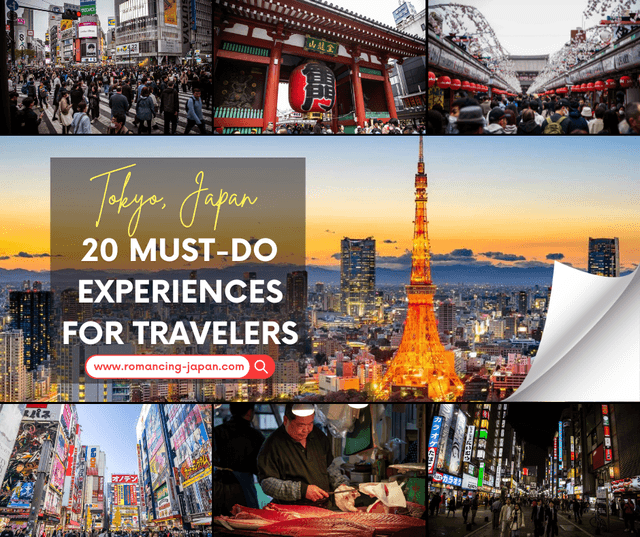
Tokyo Favorites: 20 Must-Do Experiences for Travelers
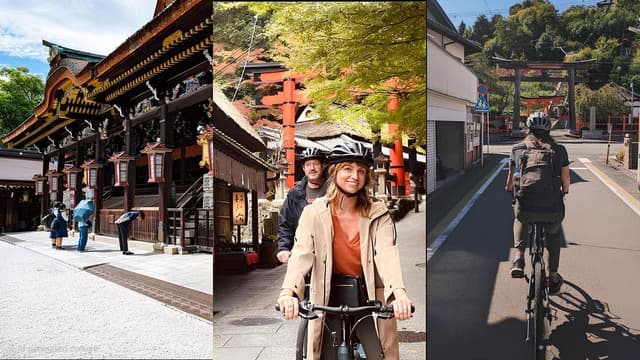
Kyoto Bike Tours: Discover the City’s Hidden Gems with Noru
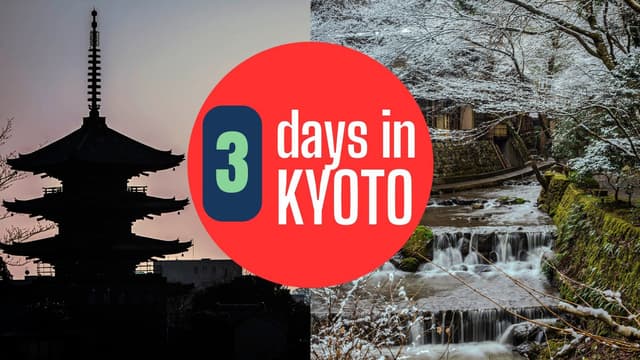
Kyoto 3-Day Itinerary: Best Things to Do for First-Time Visitors

Universal Studios Japan Tickets: Your Guide to Visiting USJ
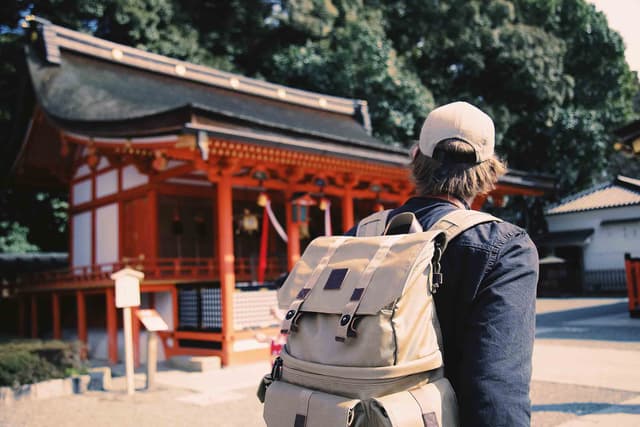
Find Out What Japan Really Thinks of Foreign Tourists

Manga Explained: Top Recommendations for Beginners
FAQs
No FAQs available for this post.
Loading Comments...

James Saunders-Wyndham
I've been immersed in Japanese culture and daily life for over 30 years and am proud to call Japan my home. Originally from Australia, my journey has taken me from teaching at Japanese universities to traveling extensively across the country, uncovering its hidden gems. As a web developer, I built Romancing Japan from the ground up to share these experiences with you. Whether it's the charm of old Kyoto, the pulse of Tokyo, or the tranquility of the countryside, I love helping others discover the magic of Japan—one story at a time.
Popular Articles
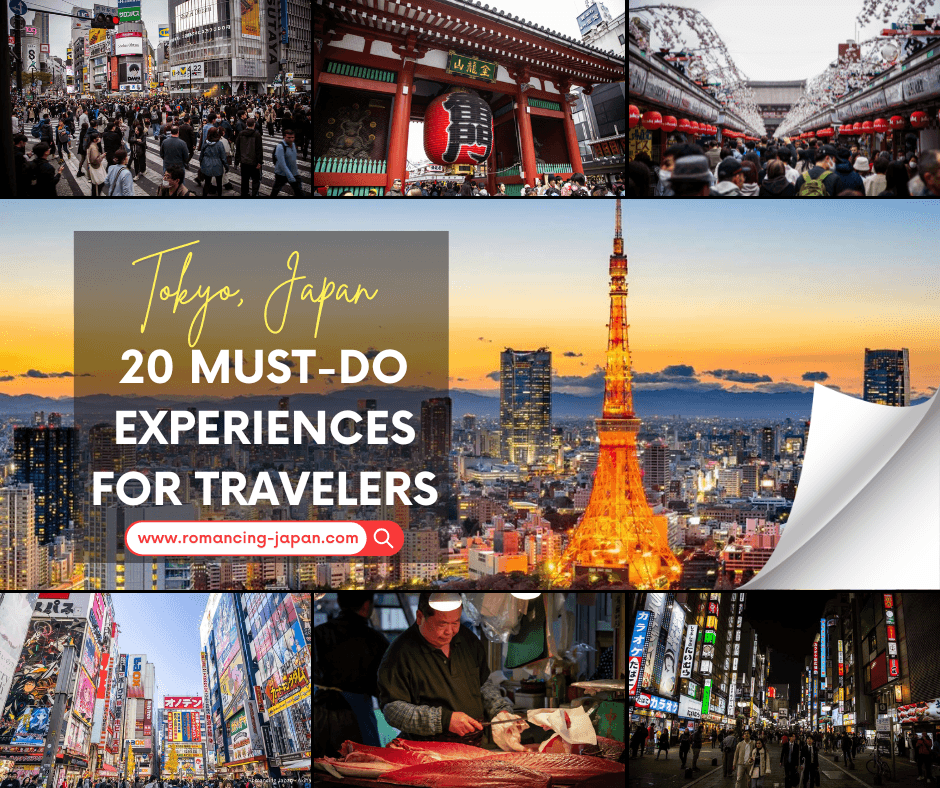
Tokyo Favorites: 20 Must-Do Experiences for Travelers
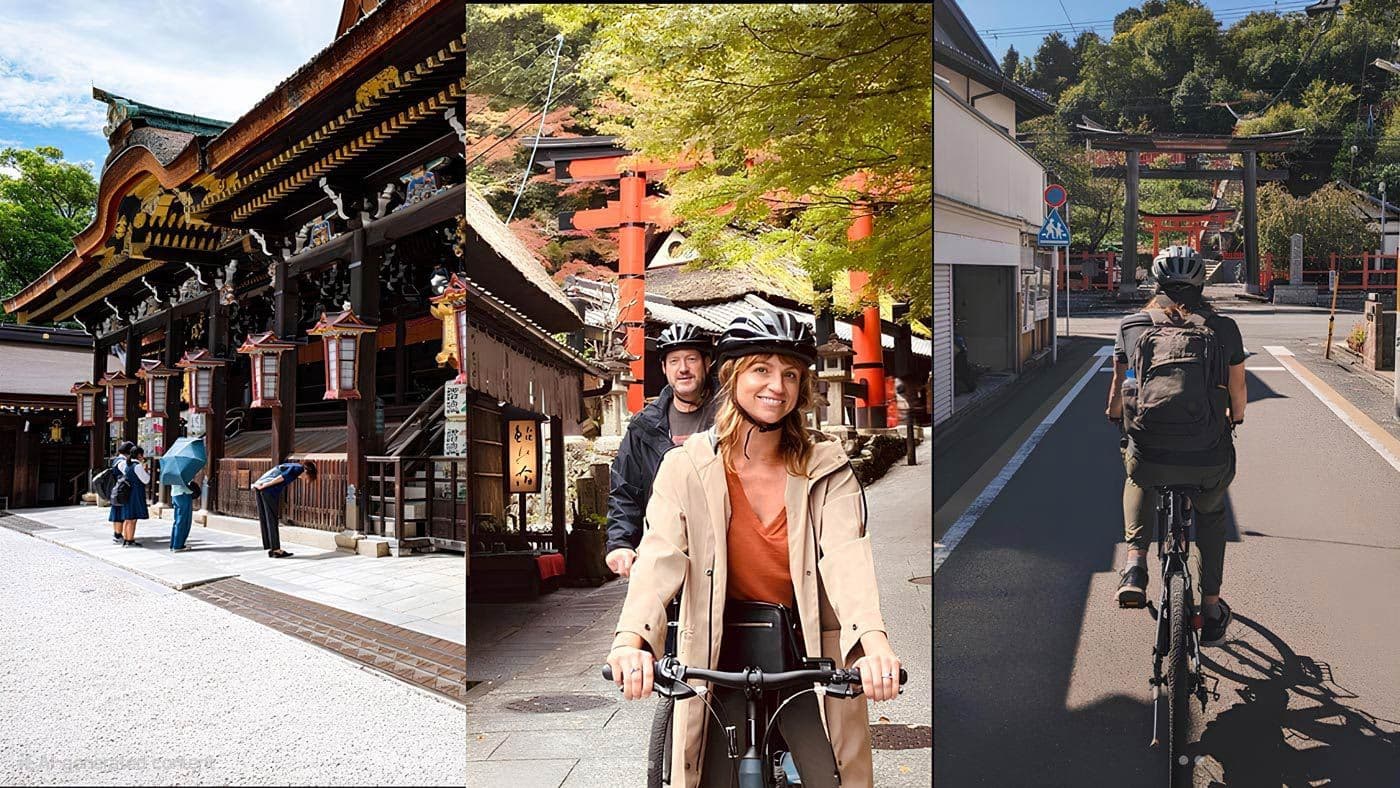
Kyoto Bike Tours: Discover the City’s Hidden Gems with Noru
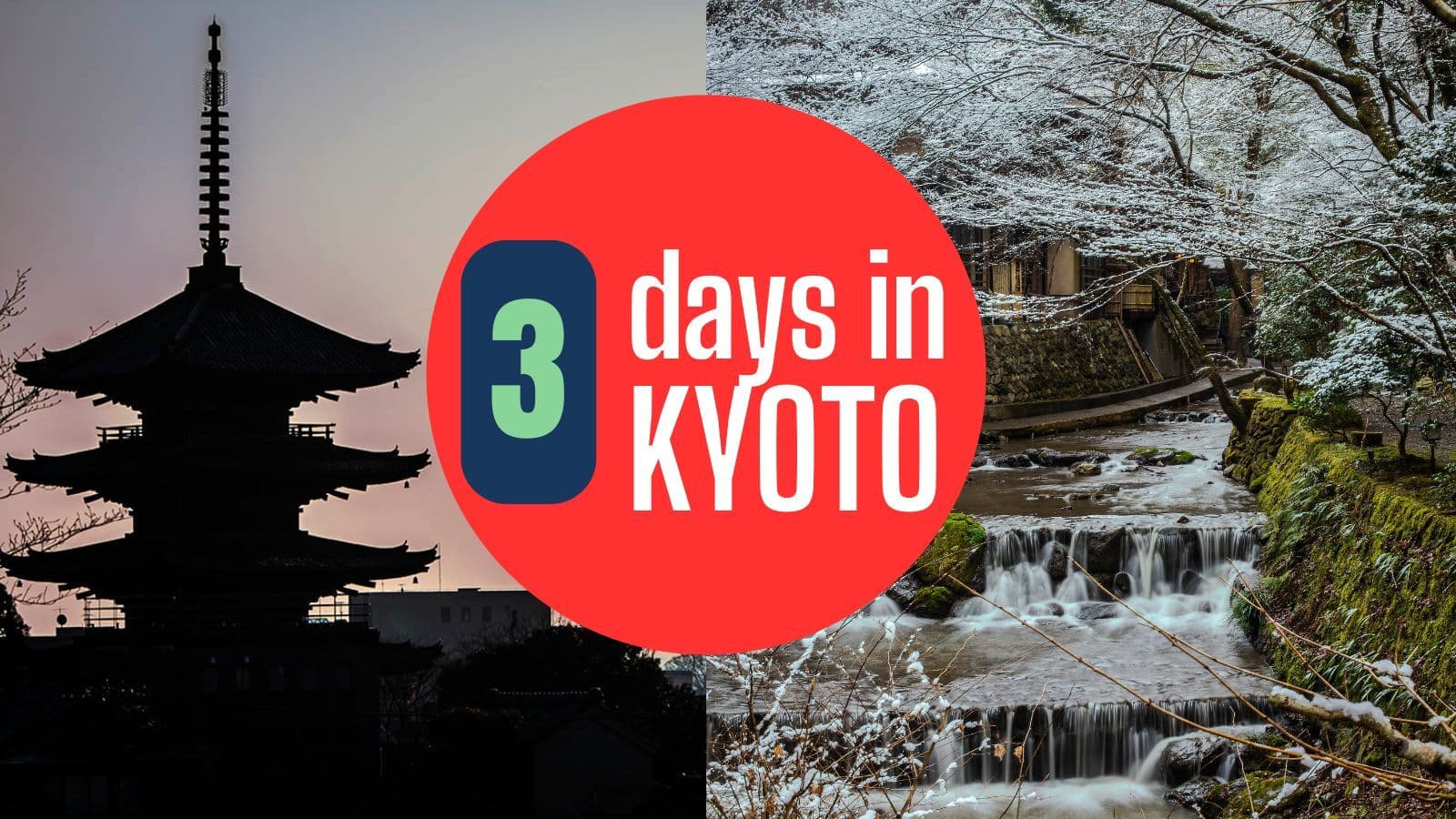
Kyoto 3-Day Itinerary: Best Things to Do for First-Time Visitors

Universal Studios Japan Tickets: Your Guide to Visiting USJ
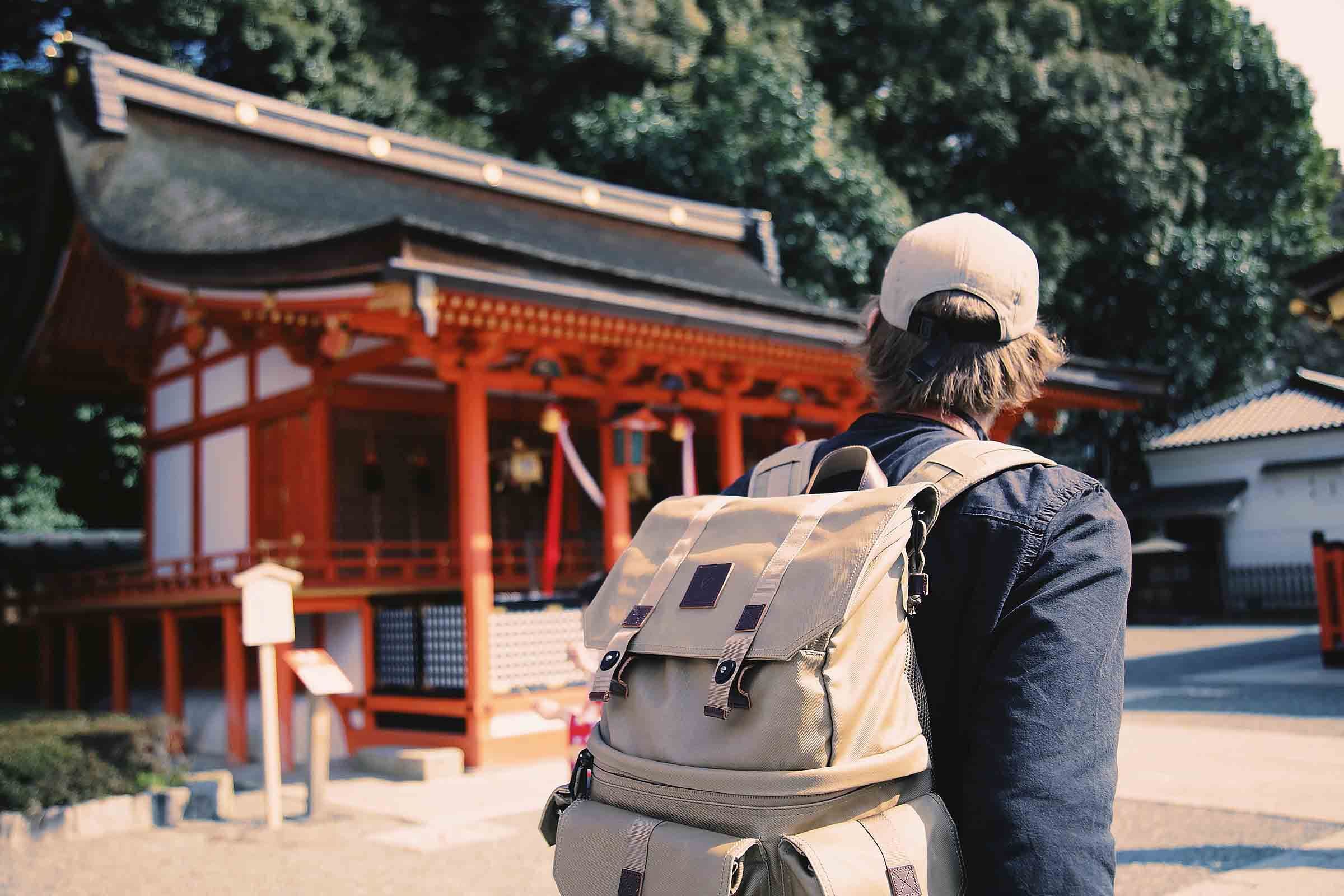
Find Out What Japan Really Thinks of Foreign Tourists
